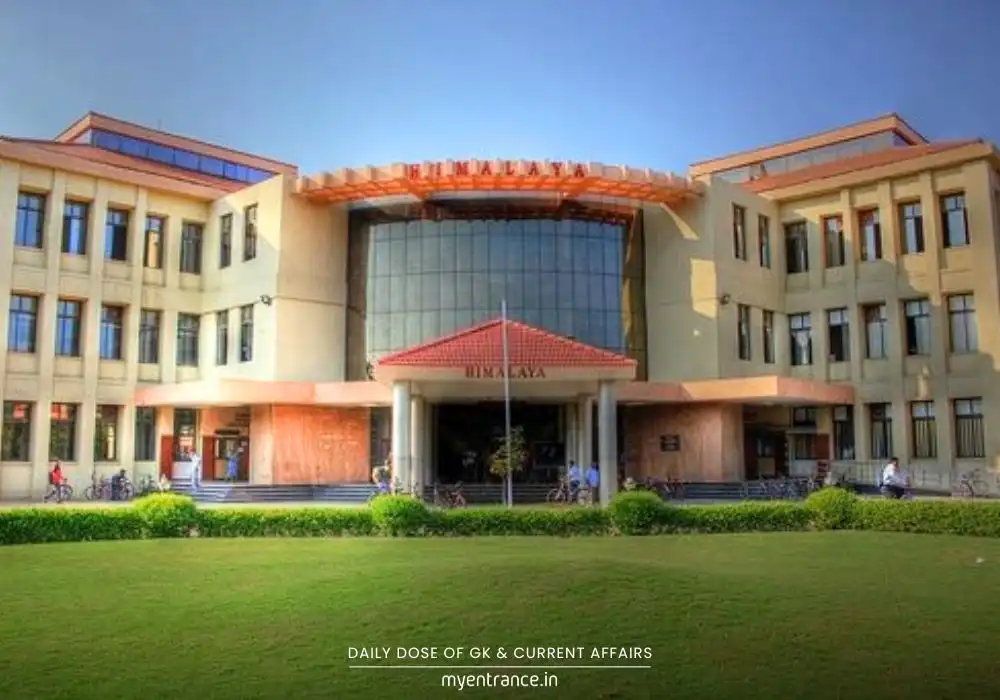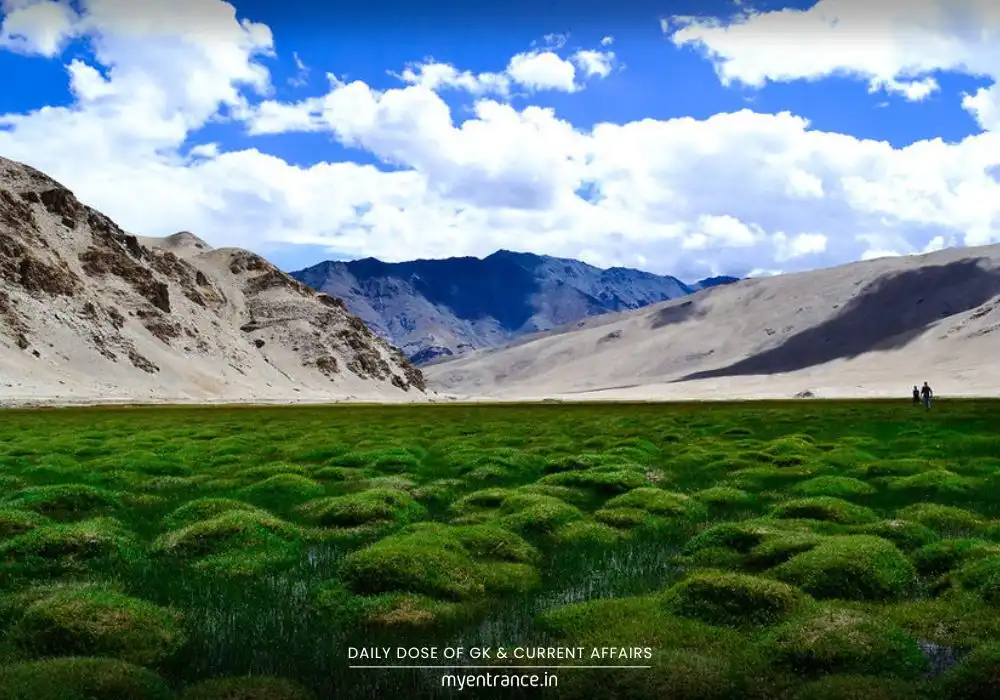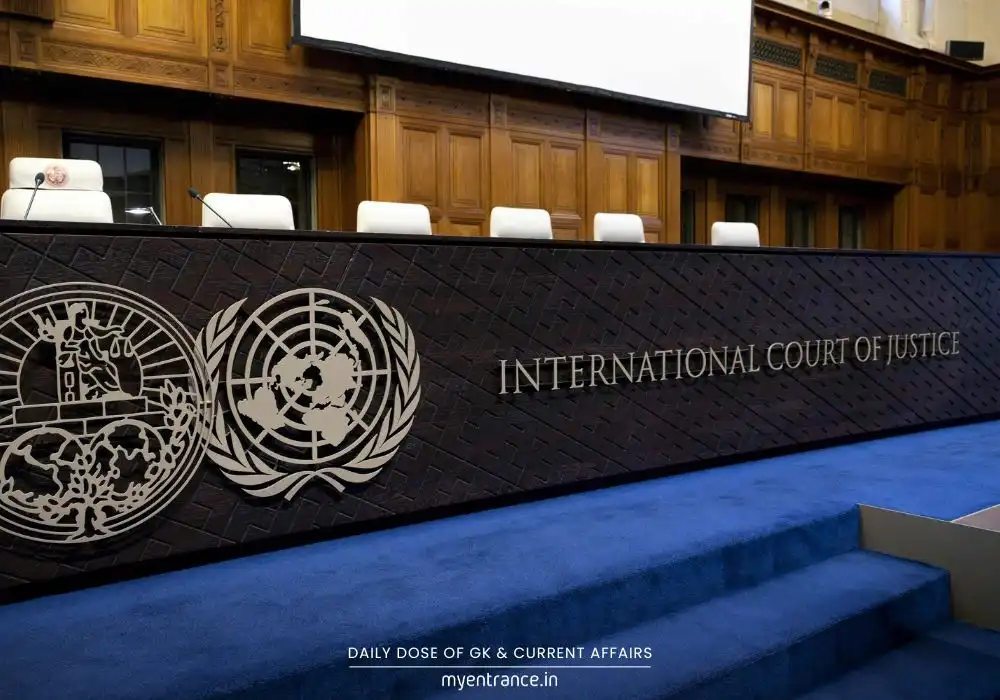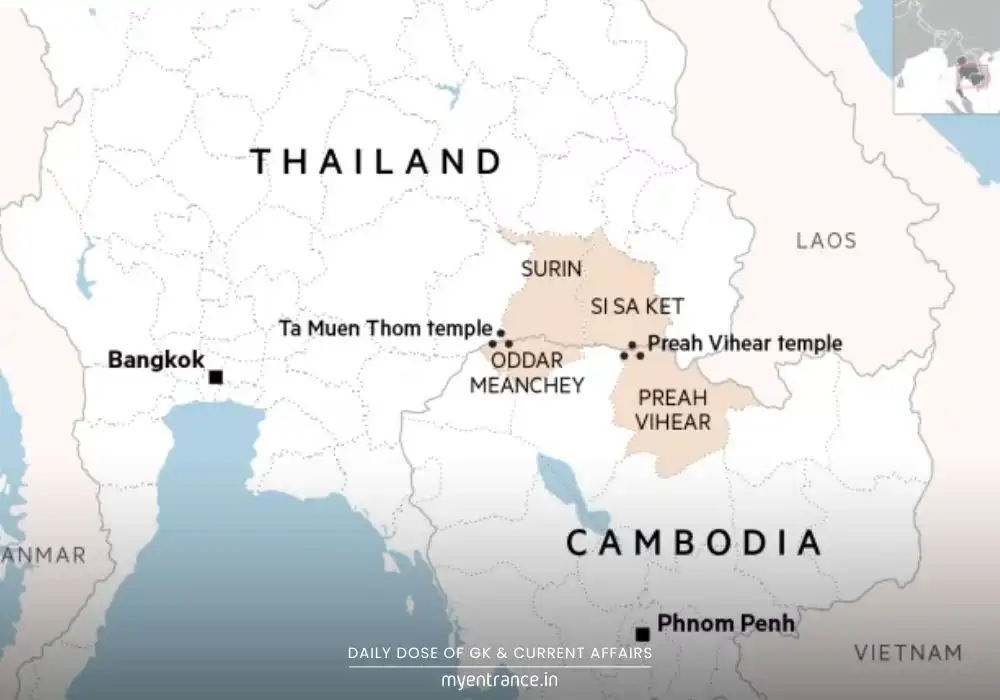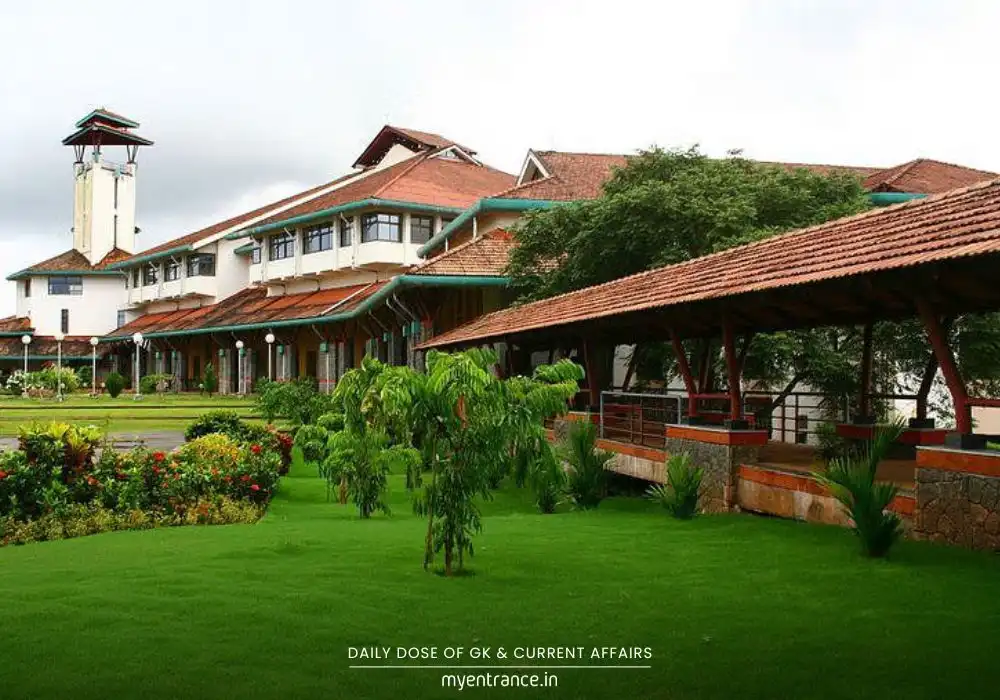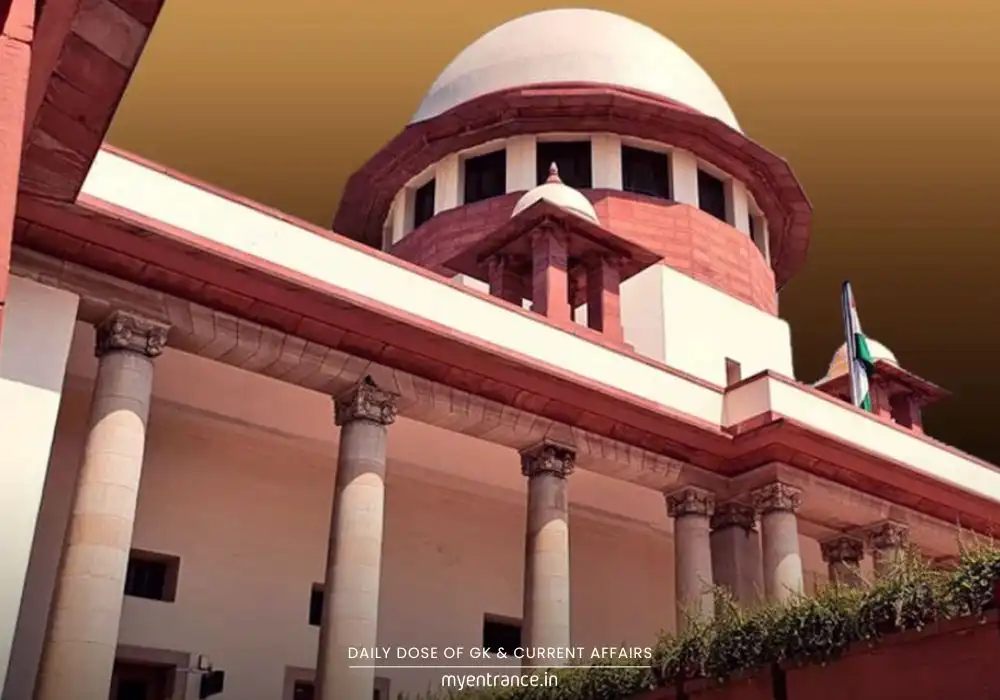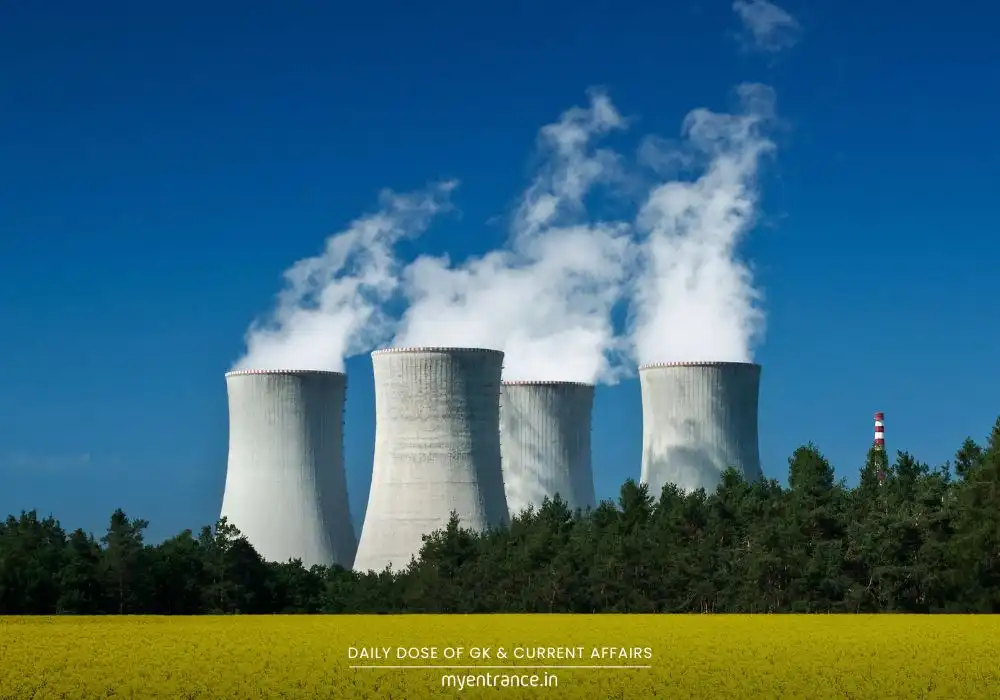Translate Language
Part V of Indian Constitution Decoded: Your Ultimate Guide to The Union (Articles 52-151)
Part V of the Indian Constitution lays the foundation for India’s Union Government, crucial for exams like UPSC, SSC, and PSCs. It establishes a parliamentary system, an independent judiciary, and clear separation of powers. Mastering Articles 52–151 is non-negotiable for polity-focused competitive exams.
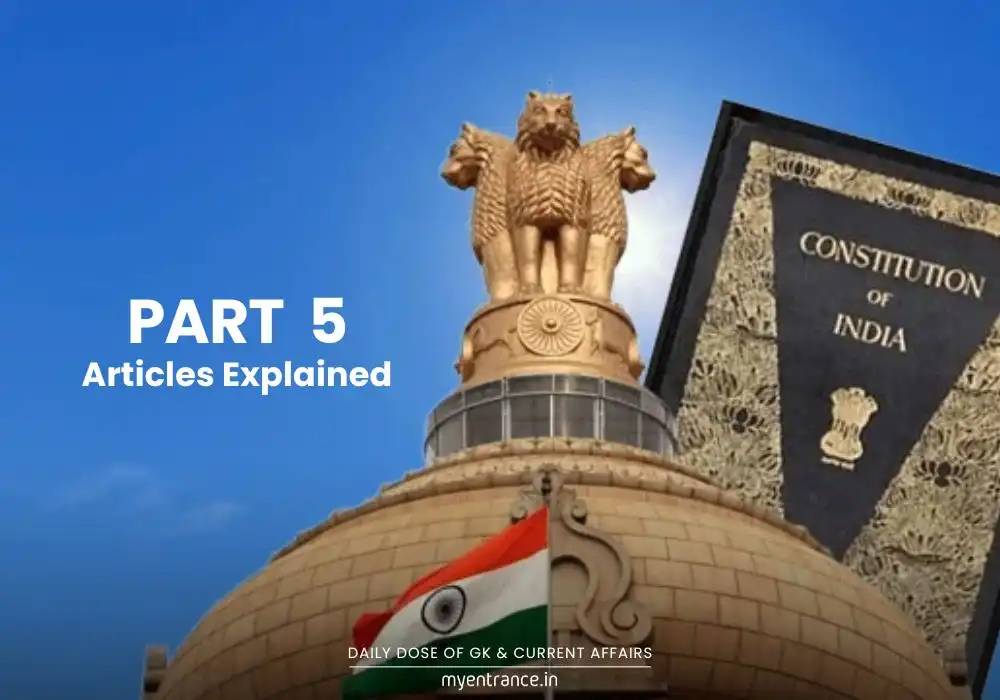
Part V: The Union – The Engine of India’s Governance
Part V of our Constitution (Articles 52–151) structures India’s Union Government. Forget dry legalese—think of it as the rulebook for how India is governed at the national level. It creates three key pillars:
The Executive (Articles 52–78)
President (Art. 52): The ceremonial head of state, elected indirectly (Art. 54–55).
Vice President (Art. 63): Chairs the Rajya Sabha and steps in for the President when needed (Art. 65).
Council of Ministers (Art. 74): The real executive power, headed by the PM. They advise the President, who is bound by their counsel.
Key Powers: Presidential pardons (Art. 72), the Prime Minister’s duties (Art. 78), and the role of the Attorney-General (Art. 76).
Parliament (Articles 79–122)
Structure: Lok Sabha (People’s House) and Rajya Sabha (Council of States) (Art. 79–81).
Key Functions:
Law-making (Art. 107), including special rules for Money Bills (Art. 109–110).
Financial control (Budget, Appropriation Bills – Art. 112–114).
Oversight of the executive.
Critical Procedures: Impeachment (Art. 61), joint sessions (Art. 108), and parliamentary privileges (Art. 105).
The Judiciary (Articles 124–147)
Supreme Court (Art. 124): Guardian of the Constitution.
Powers That Matter:
Original jurisdiction in disputes between governments (Art. 131).
Appellate jurisdiction over High Courts (Art. 132–134).
Binding authority over all courts (Art. 141).
Power to issue writs (Art. 139).
Comptroller & Auditor General (CAG) (Articles 148–151)
Watchdog of Finances: Audits Union & State accounts (Art. 149), ensuring transparency. Reports go to Parliament (Art. 151).
Why This Matters for Your Exam:
UPSC Mains: Expect essay questions on presidential powers vs. PM’s role.
SSC CGL: MCQs on Money Bills, Supreme Court jurisdictions.
KAS/PSC: Focus on federal structure (Centre-State dynamics in Part V).
Key Q&A for Quick Revision
Q: Who is India’s executive head according to Part V?
A: The President is the ceremonial head (Art. 52), but real executive power lies with the Council of Ministers (Art. 74).
Q: Can the President refuse ministerial advice?
A: No. The President must act on ministerial advice (Art. 74).
Q: What’s the difference between a Money Bill and an Ordinary Bill?
A: Only Money Bills (Art. 110) can originate in the Lok Sabha; Rajya Sabha can only suggest amendments.
Q: How is the Vice President elected?
A: By an electoral college of both Lok Sabha & Rajya Sabha members (Art. 66).
Q: What is the President’s ordinance power?
A: The President can issue ordinances (Art. 123) when Parliament isn’t in session, but they need parliamentary approval later.
Q: Who appoints Supreme Court judges?
A: The President, after consulting the CJI and other SC/HC judges (Art. 124).
Q: What makes the Supreme Court a ‘court of record’?
A: Its decisions (Art. 129) have evidentiary value and can’t be questioned for authenticity.
Q: Can Parliament discuss the conduct of a Supreme Court judge?
A: No. Judicial conduct is protected from parliamentary discussion (Art. 121).
Q: What’s the primary role of the CAG?
A: To audit all government expenses and ensure accountability (Art. 148–149).
Q: How does Part V ensure separation of powers?
A: By clearly defining roles: Executive (President/Council), Legislature (Parliament), and Judiciary (Supreme Court).
Pro Tips for Exam Takers
UPSC Aspirants: Link Part V to current events (e.g., ordinance debates, judicial appointments).
SSC/PSC: Memorize article numbers for key concepts (e.g., Art. 74, 110, 123, 124).
NID/NIFT: Understanding governance structures helps in GK sections.
Ready to test your knowledge? Take a mock test on myentrance.in focusing on Indian Polity!
Get 3 Months Free Access for SSC, PSC, NIFT & NID
Boost your exam prep!
Use offer code WELCOME28 to get 3 months free subscription. Start preparing today!
